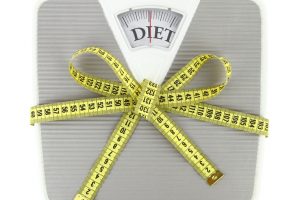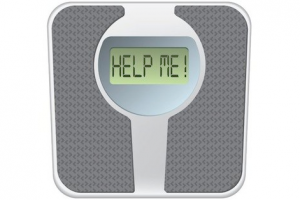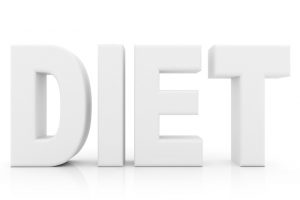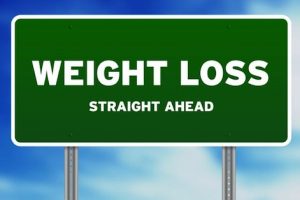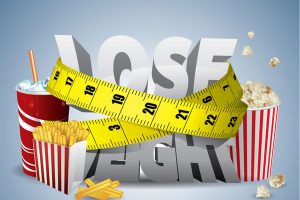If you are looking for weight loss information, you probably read hundreds of weight loss tips and tricks, diet reviews and product showcases but how many of these are truth and which ones are fake or just myths that emerged over time? Read our post below for the top 5 weight loss myths of all times.
Myth #1: Fast weight loss diets work for permanent weight loss
The majority of weight loss programs promise fast and permanent weight loss results. This is one of the biggest weight loss myths for two simple reasons. First rapid weight loss diets are restrictive and this makes it very hard to follow for a long time, as a result people get tired and quit and the result is of course weight gain. Second, crash diets are unhealthy and sooner or later people realize this and give up.
Do not fall into the traps of marketing gurus, if you want to lose weight permanently then follow healthy weight loss tips and guidelines and have in mind that the recommended (maximum) amount of weight to lose per week is ½ to 2 pounds.
Myth #2: Avoid fat and carbohydrates when dieting
Both carbohydrates and fat are necessary for a healthy body. Completely avoiding them is not recommended and will not aid your weight loss efforts. Following a diet that is very low on carbohydrates will make you feel tired and weak and may cause ketosis which can prove very dangerous in certain cases. Carbohydrates are necessary for normal digestion and also give you the feeling of fullness for longer periods thus saving you calories from ‘unnecessary’ eating.
It is true that fats have twice as many calories as carbohydrates and protein but they are necessary to keep your body in normal temperature levels and your stomach full for longer periods.
The only way to lose weight is by following a balanced diet which includes moderate consumption of both carbohydrates and fat. It is no wonder that during a recent study the DASH diet and Mediterranean diet (both diets are balanced diets) were voted as the best weight loss diets.
Myth #3: You can lose weight by exercise alone
It is a fact that exercise is the only way to burn calories. During a normal day your body burns calories to perform the normal body functions (breathing, digestion, walking, etc) but to accelerate this process and burn more calories you have to exercise. Exercise also promotes good health and increases your chances for a permanent and safe weight loss.
Exercise alone though cannot give you optimum results. You also have to be careful on what you eat. Weight loss will happen when the calories you burn are more than the calories you consume. When this deficit is above 3500 calories you will lose one pound. Also, consider that to burn the calories you consume from a meal may take many hours in the gym so by taking care of what you eat your chances of losing weight are greatly increased.
Myth #4: Light or low-fat foods have 0 calories
Not really. Compared to the same size full-fat version the low-fat will have fewer calories but certainly not zero. The label ‘low-fat’ is not representative of the number of calories a food may contain. Some low-fat foods have more calories than the full-fat equivalents because of added sugars or other ingredients that add calories.
Myth #5: Just be careful on what you eat without counting your calories
Many people believe that by just eating less (compared to what they used to eat) will lose weight. This is partly true. If you have more weight than normal then this means that you are consuming more calories than what your body needs. So, one of the expected actions to reverse this situation is to start eating less. But this is not the end of the story. You need to know approximately how many calories to save per day in order to lose weight. By making some simple calculations you can find out how many calories to eat per day, how many calories to burn through exercise and how to distribute your calorie intake between meals.

